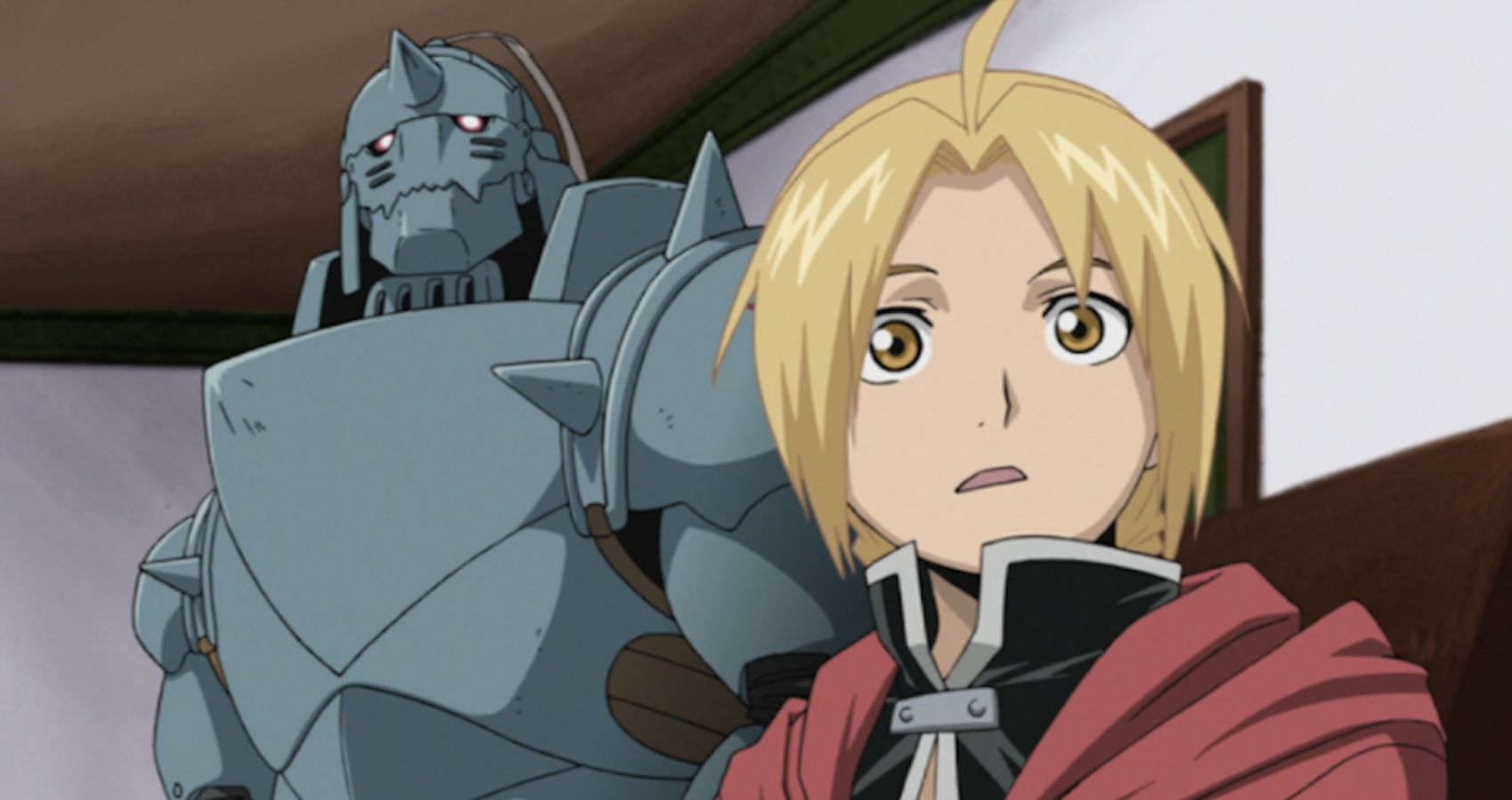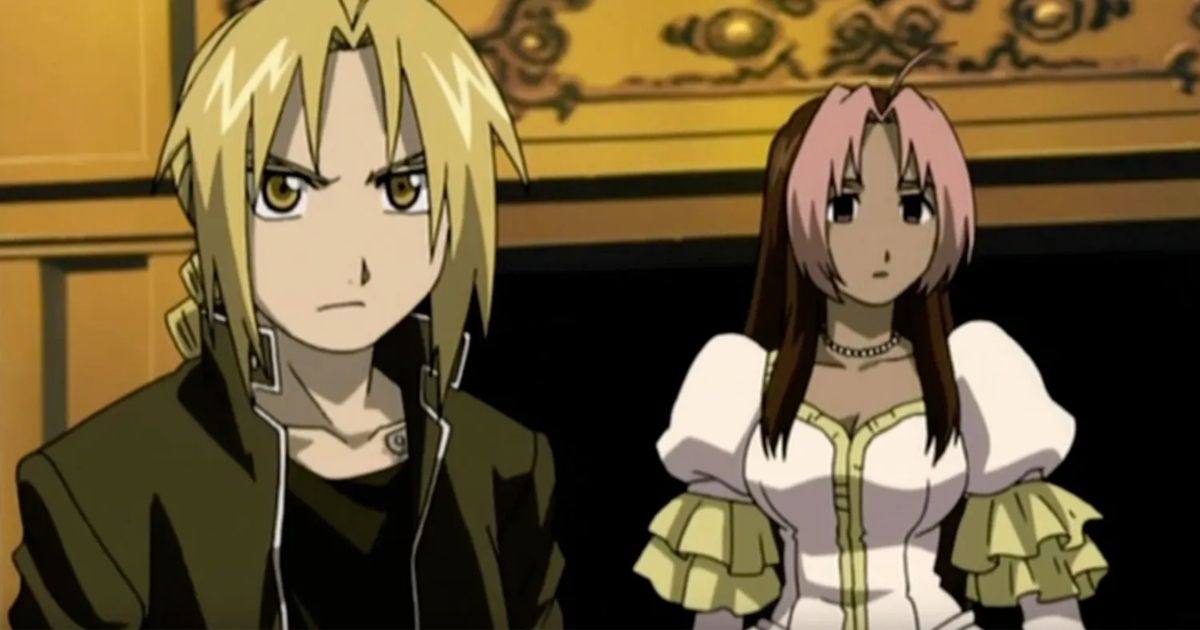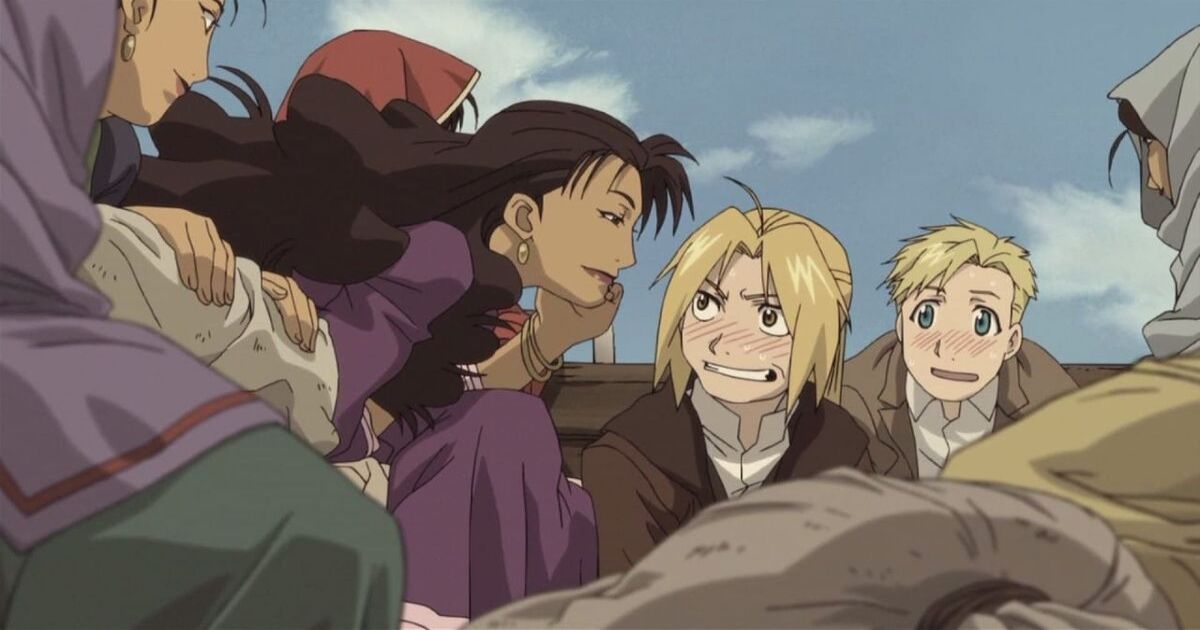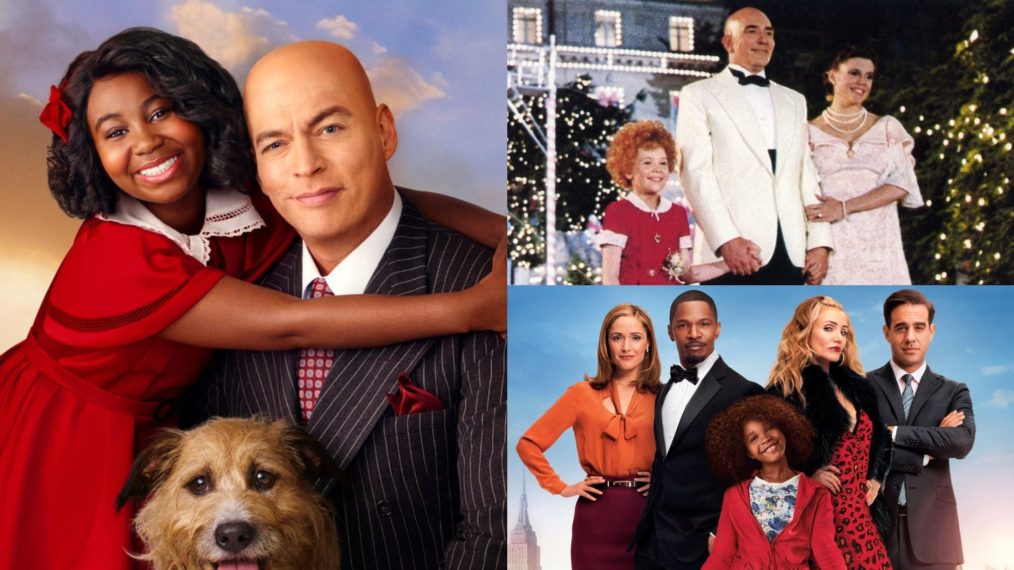#Why the 2003 Series Deserves an Anime Follow-Up

Table of Contents
“Why the 2003 Series Deserves an Anime Follow-Up”
Perhaps one of the greatest disservices a Fullmetal Alchemist fan can do to newcomers is to divert their attention away from the 2003 series. There is an argument to be made certainly about authorial intent, but strictly narrowing one’s tastes to suit what the author wanted is a very restrictive way of consuming adaptation. It’s one that always pits the adaptation against the viewer and the author as if it exists without the author’s consent. However, with the 2003 Fullmetal Alchemist series, this is not the case.
Yes, it may not suit someone’s tastes, and yes, many who appreciate both prefer the 2009 series. But avoiding it entirely is to deny oneself a brand-new experience in a similar world with similar characters. And so, on that note, perhaps a revitalization of the 2003 series in the form of an anime follow-up is in order. Here’s why.
Fullmetal Alchemist Is a Unique Story Deserving Artistic Respect
There is much to analyze in Hiromu Arakawa’s original story (represented in the manga and the 2009 series), from fascism, the sanctity of life, scientific ethics, and so on. But completely unique to the 2003 series are themes of romantic jealousy, abandonment of ambition, and certainly a lot more desperation. The series as a whole feels more zoomed-in and ethereal, with the climax feeling almost dream-like. Despair was a more common thread throughout, with the brother having increasingly less to grasp onto in regard to finding ways to restore their bodies.
As was seemingly popular in many anime, such as Evangelion, the ending wasn’t as thoroughly explained as the manga’s was, and many have deemed it to be unsatisfactory. However, just because it didn’t end on a note that provided the characters with as much happiness as possible doesn’t mean that the ending is without its merits.
If nothing else, the series was artistic and took a chance by adding more than its fair share of tragedy to a fairly optimistic storyline. The series’ aesthetics took more after religion than Fullmetal Alchemist: Brotherhood did, with the iconic “Gate” present across all forms of the series being modeled after Auguste Rodin’s sculpture of the Gates of Hell from The Divine Comedy and with explicit references to Christianity.
Also, the action was far less emphasized, with what little fight scenes there were being brief but brutal exchanges. This is to say that any sort of anime follow-up would be greatly appreciated since the story already has so much to offer.
The Movie, The Conqueror of Shamballa, Ends on an Open-Ended, Vague Note
There certainly is beauty in ambiguity. Canonized pieces of literature have hundreds, if not thousands of pages worth of analyses written about them, each one adding something different to the scholarly consensus on everything ranging from themes to cultural patterns. And ambiguity is nothing new to anime. Evangelion aside, series like Serial Experiments Lain or even something more mainstream like Bleach contain questions that are never really answered. Instead, the audience is more or less expected to fill in the gaps with their own imagination.
In the case of Fullmetal Alchemist, the movie that concludes the entire series, The Conqueror of Shamballa, ends on a highly open-ended note. One could even describe it as ambiguous, as it’s unclear how Edward and Alphonse manage to destroy the Gate that opened in “our world” without the use of alchemy.
They do inform the audience that they’re looking to stop the use of a uranium bomb that was sucked in through the Gate on one of their adventures. But other than that, what they decide to do with their lives and what follows, including how they deal with the tragic historical event that will soon follow, is left completely up in the air.
And while a continuation may not seem necessary, since sometimes things are best left to the audience’s imaginations, some kind of snapshot into the lives of the Elric brothers on the other side of the Gate would be a treat for all fans of the 2003 series. This arbitrary continuation need not address how they destroyed the Gate or even if and how they managed to track down the uranium bomb. Still, because it ended the way it did, the affirmation that this iteration of the beloved series’ heroes are doing well would be a welcomed surprise.
If you liked the article, do not forget to share it with your friends. Follow us on Google News too, click on the star and choose us from your favorites.
For forums sites go to Forum.BuradaBiliyorum.Com
If you want to read more Like this articles, you can visit our Social Media category.






